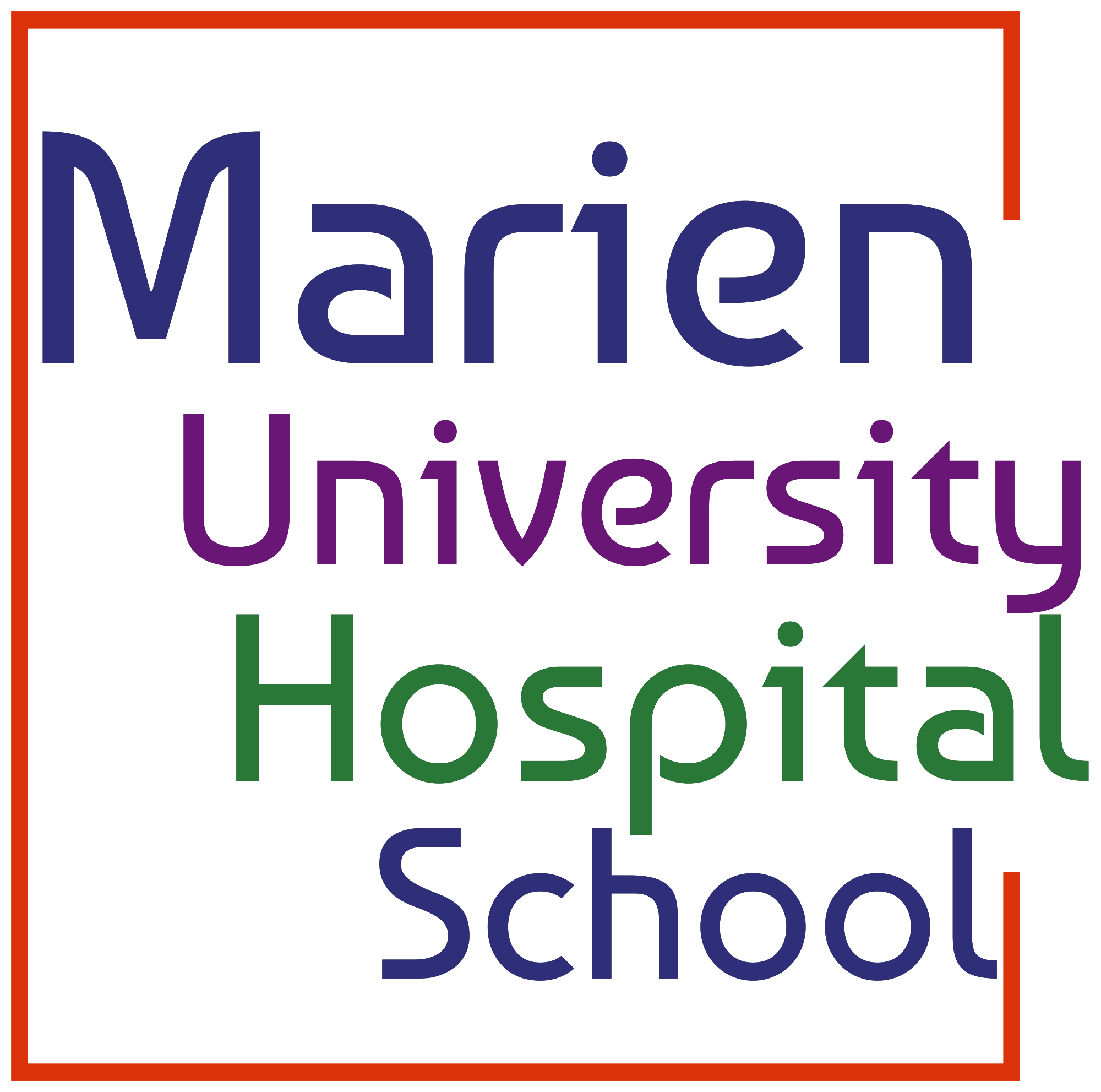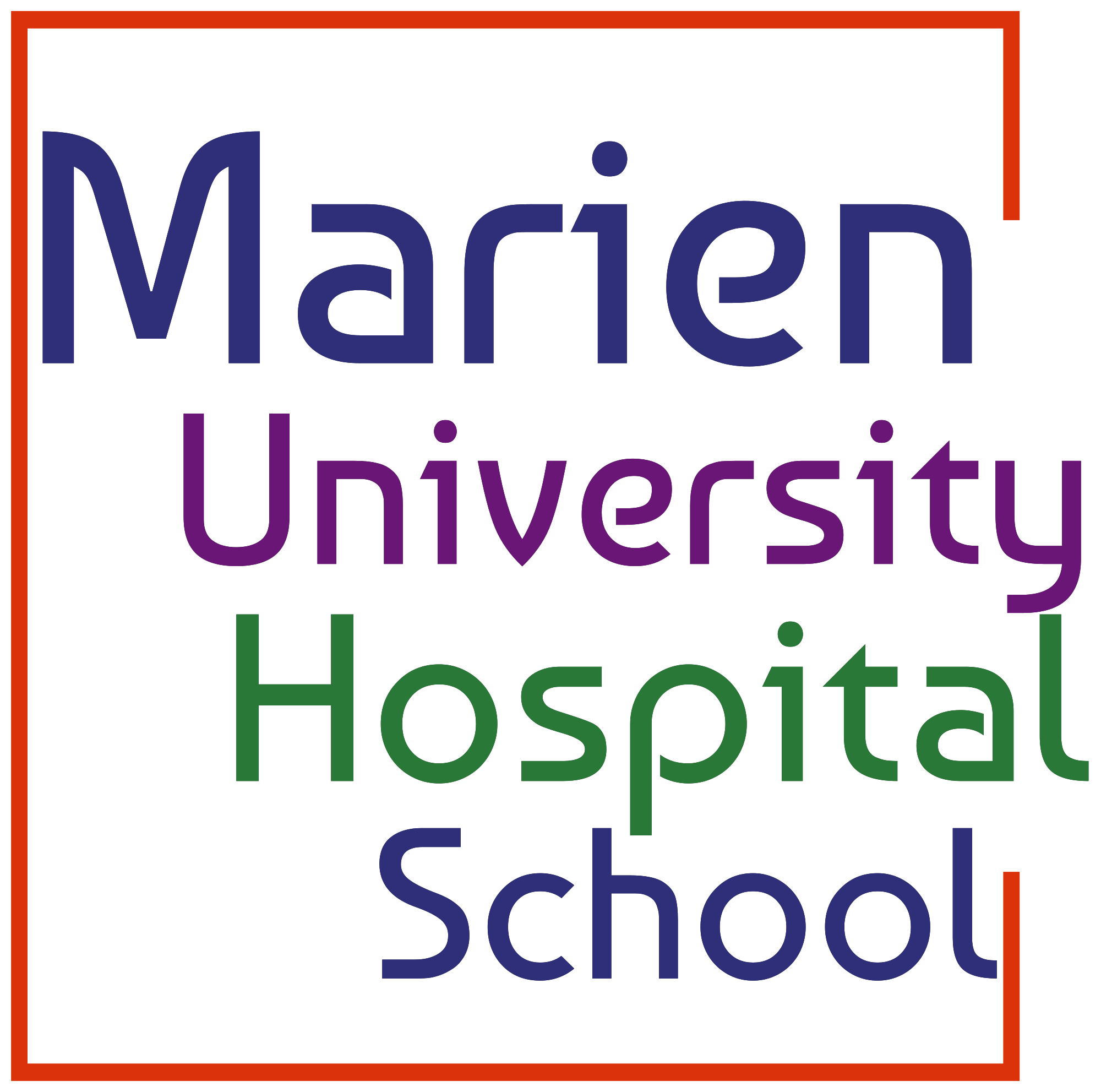Philosophy
Bachelor of Arts (Integrative study programme)
Short description
Is it morally justifiable to eat animals? How can I be sure whether I am awake or dreaming? What is the meaning of life? When studying Philosophy, you will deal with a variety of answers to these and other questions, which will be methodically reflected upon and justified.
Studying Philosophy in Gelsenkirchen offers you unique advantages:
- the choice of studying philosophy as an independent single-subject course or in combination with another subject,
- outstanding teaching: in 2024 and 2025, one of the prestigious teaching awards at MUHS was bestowed on one of our faculty members, and students at our department have nominated several of our academic teachers for these awards each year since 2020,
- intensive supervision and stimulating discussions in small groups,
- a sound introduction to academic work and argumentation,
- a thematic variety of courses covering almost all areas and eras of philosophy,
- courses and other offerings on philosophy in the public sphere,
- dedicated support for career prospects, also within the framework of a mentoring program.
Depth & Interconnection – simply Philosophy!
Here, you can dive particularly deep
and at the same time connect Philosophy very freely
with many subjects from all faculties at MUHS.
Gelsenkirchen is one of the few cities in Germany to offer philosophy as an independent single-subject degree program. In this integrative degree program, you can concentrate on philosophy, but at the same time have the opportunity to study attractive content from a variety of other subjects from all faculties at MUHS, such as psychology or medicine, in several open modules. The single-subject degree program can be taken up in both the winter and summer semesters.
Detailed information and testimonials from students and alumni can also be found on the website for prospective students of the Institute of Philosophy.
Philosophy can be studied in three variants on the Bachelor's degree course – as an integrative independent single-subject study course, as a major and as a minor subject – you can easily switch between them during the course of your studies. All three options qualify you for the subsequent Master's degree course in Philosophy at MUHS Gelsenkirchen and other universities. The standard period of study is always 3 academic years (6 semesters).
Entry/Admission requirements
The single-subject bachelor's degree programme in philosophy can be entered both in the winter semester and in the summer semester. One admissions requirement is the general or relevant Abitur (high school graduation), but there are also several options for access without Abitur. Most philosophy classes are taught in German, so good German language skills are required. Moreover, sufficient English language competence is mandatory.
Programme content
The Bachelor's degree course in Philosophy is divided into three main areas, which are on an equal footing at the beginning of the course and complement each other. In the further course of your studies, you can set your own focus and choose from a wide range of courses:
Theoretical philosophy deals with truth and knowledge, explores the limits of knowledge, examines the structure of mind and consciousness and asks what holds the world together at its core.
Practical philosophy deals with human action in the broadest sense. It deals with questions such as what is good and just, what moral duties we have and how we can lead a good life. Socially relevant topics are also dealt with here: How can political institutions be legitimized? Who is responsible for climate protection and to what extent? What is racism?
The history of philosophy covers the historical foundations of philosophical theories. Philosophical classics from Plato to Kant to the present day offer a rich treasure trove of philosophical ideas and a differentiated vocabulary for describing and analyzing various problems.
In addition, Logic offers an introduction to logical reasoning and the rules of inference used in it. In Argumentation and Writing, you will learn how to argue precisely and write academic papers. Philosophical Classics are outstanding works that have shaped philosophy. The Contemporary Research Discourses and Focus modules allow you to pursue your own interests and become more familiar with specific philosophical topics.
Programme structure
Modules
A certificate of participation (BN) must be obtained in each course. In addition, a final examination (AP) must be taken for each module. An AP can take the form of a written exam, oral exam, term paper or student research project. In some modules, a specific form of AP is specified. The credit points (CP) indicate the average workload of the modules. One CP corresponds to 30 hours of work.
- Practical Philosophy 1 (6 CP): 1 Lecture Ethics + 1 Seminar/Exercise + 1 AP as a written exam
- Theoretical Philosophy 1 (6 CP): 1 Lecture Epistemology + 1 Seminar/Exercise + 1 AP as a written exam
- History of Philosophy 1 (6 CP): 1 Lecture/Seminar Ancient Philosophy or Medieval Philosophy + 1 Seminar/Exercise + 1 AP as a written exam
- Logic (9 CP), 1 Seminar/Lecture Introduction to Logic + 1 Exercise Applied Logic + 1 AP as a written exam
- Argumentation and Writing (9 CP): 1 Seminar/Exercise Argumentation + 1 Seminar/Exercise Writing + 1 AP as a term paper
- Philosophical Classics (9 CP): 2 Seminars + 1 AP as a term paper
- Practical Philosophy 2 (9 CP): 1 Lecture in Political Philosophy/Philosophy of Law/Philosophy of Economics + 1 Seminar + 1 AP
- Theoretical Philosophy 2 (9 CP): 1 Lecture Metaphysics + 1 Seminar + 1 AP
- History of Philosophy 2 (9 CP): 1 Lecture/Seminar Modern Philosophy or Contemporary Philosophy + 1 Seminar + 1 AP
- Research Focus (12 CP): 3 Seminars + 1 AP as an oral exam
- Practical Philosophy 3 (12 CP): 3 Seminars + 1 AP
- Theoretical Philosophy 3 (12 CP): 3 Seminars + 1 AP
- In-Depth Research Focus (12 CP): 3 Seminars + 1 AP as a term paper
- Open Module 1 (15 CP): Courses from other faculties and profile development, no AP
- Open Module 2 (9 CP): Courses from other faculties + 1 AP
- Open Module 3 (12 CP): Courses from other faculties + 1 AP
Finally, you must write a Bachelor Thesis. This is usually completed in the sixth semester.
Combination options in the open modules
The open modules of the single-subject Bachelor's degree program in Philosophy allow you to study content from a variety of other subjects from all faculties at MUHS, such as Psychology or Medicine, as well as attend language courses and acquire career-preparing personal skills for a total of 36 CP.
You will find further information here.
Exemplary study plan
The exemplary study plan provides recommendations for a sensible structure of the course and aim to distribute the workload as evenly as possible per semester. But this is not binding; individual deviations are therefore possible.
Semester | Module | |||
1 | Practical Philosophy 1 (6 CP) | Theoretical Philosophy 1 (6 CP) | History of Philosophy 1 (6 CP) | Open Module 1 (12 CP) |
2 | Logic (9 CP) | Argumentation and Writing (9 CP) | History of Philosophy 2 (9 CP) | Open Module 1 (3 CP) |
3 | Practical Philosophy 2 (9 CP) | Theoretical Philosophy 2 (9 CP) | Philosophical Classics (9 CP) | Open Module 2 (3 CP) |
4 | Contemporary Research Discourses (12 CP) | Research Focus (12 CP) |
| Open Module 2 (6 CP) |
5 | Practical Philosophy 3 (12 CP) | Theoretical Philosophy 3 (12 CP) |
| Open Module 3 (6 CP) |
6 | In-Depth Research Focus (12 CP) | Bachelor Thesis (12 CP) |
| Open Module 3 (6 CP) |
Programme objectives/Career prospects
A study of philosophy imparts a broad spectrum of methodological, analytical and language skills that are in great demand in various professions. On the website Berufsperspektiven (in German), you will find more information and relevant courses at the department of philosophy and at Marien University Hospital & School. Philosophical expertise can be used in tackling concrete problems in life and practice. Employers from various sectors appreciate the ability to grasp problems quickly, to understand complex contexts, and to present solutions clearly. Philosophers work, for example, in public relations, consulting, science management, journalism, and adult education.
Winter semester, Summer semester
6 semesters
German (partially: English)
Open admission
05/05/2025 - 31/10/2025
01/07/2025 - 31/10/2025
01/07/2025 - 15/08/2025
Dr. Christoph Schamberger
Building: 24.52
Room: 01.24
send E-Mail
Student Services Center (SSC)
Building: 21.02 / SSC
Phone +499475 211 81‐12345
send E-mail
For questions regarding the course of studies and for examination issues:
Student and Examination Administration
Contact Examination Administration

